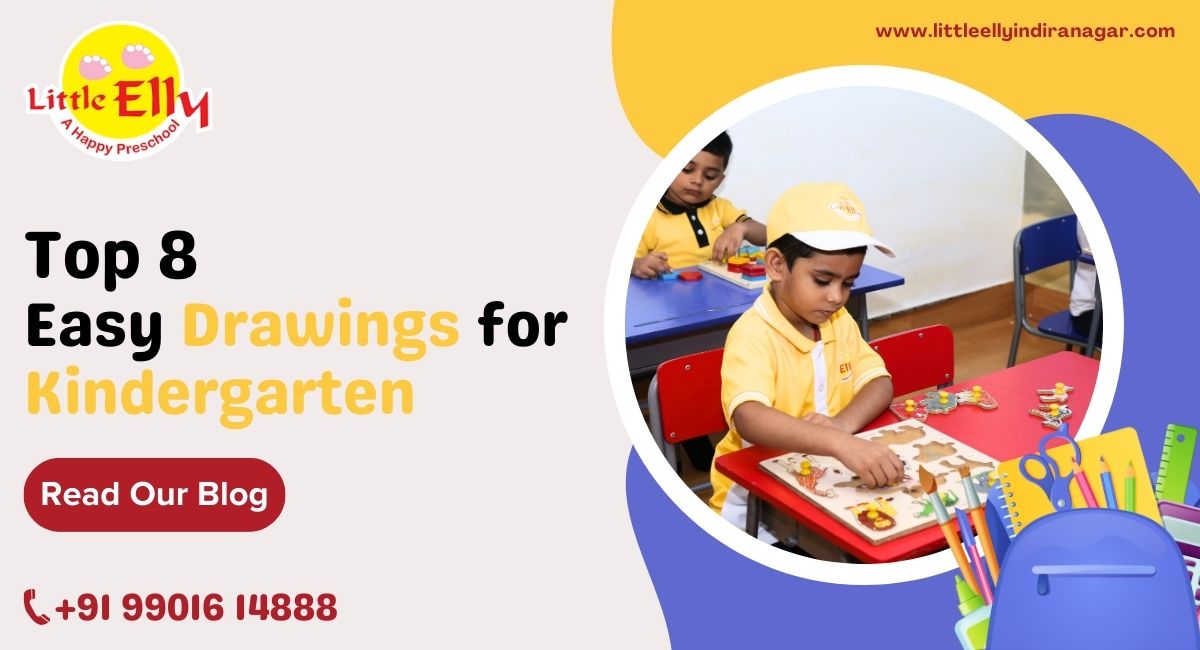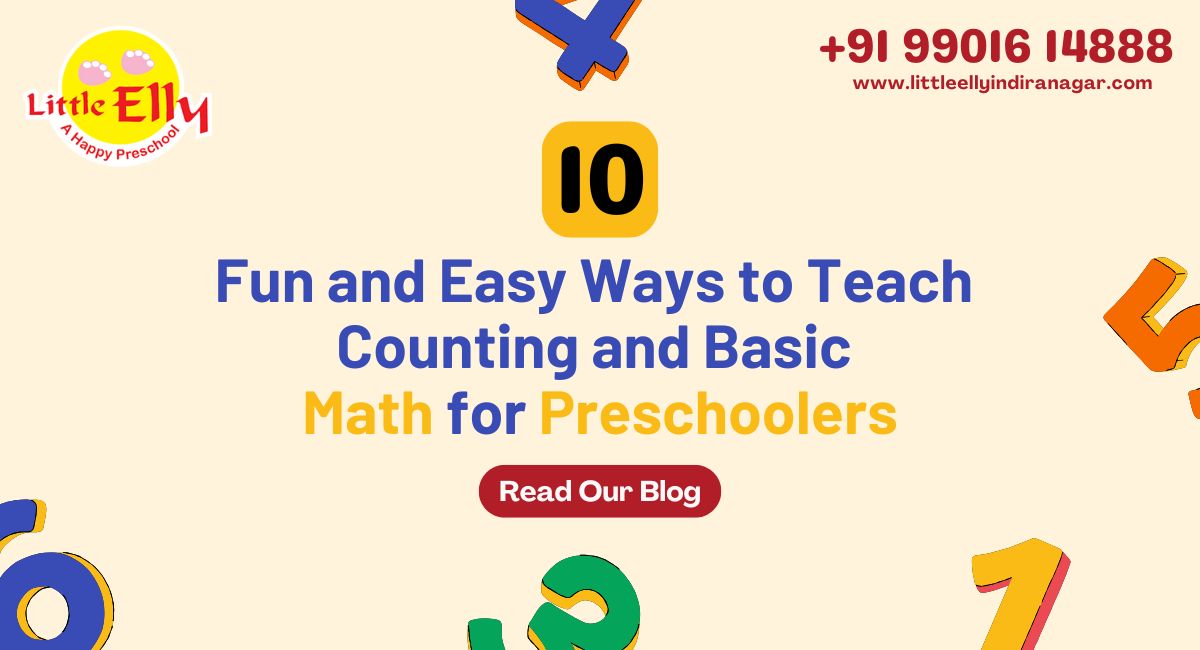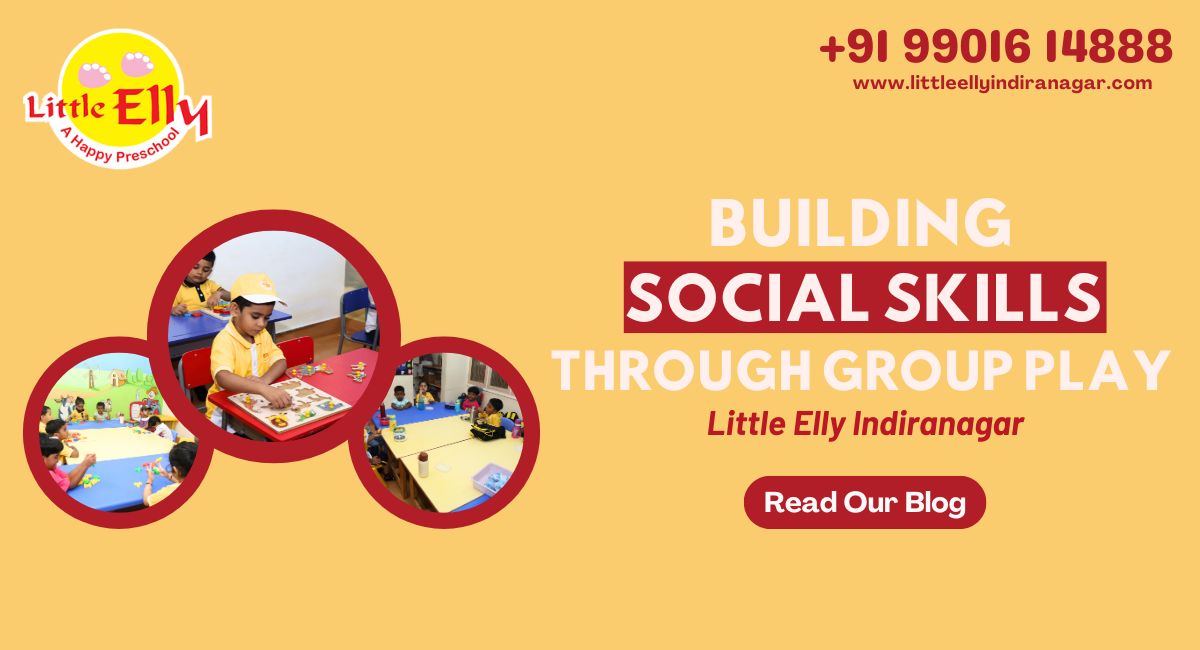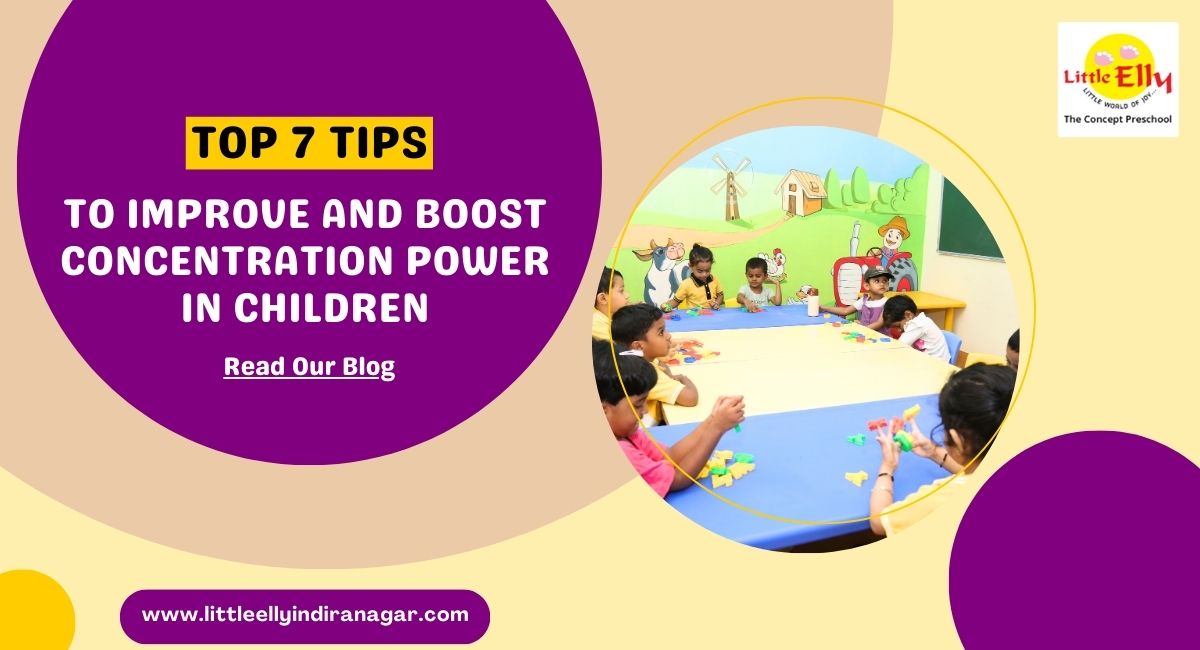The Ultimate Guide to Educational Games for Kids: Fun Learning at Every Age

Table of content
1. Introduction: The Power of Educational Games
2. Why Choose Educational Games?
3. Benefits of Educational Games
- Cognitive Development
- Skill Enhancement
4. Types of Educational Games
- Math Learning Games
- Problem-Solving Games
- Interactive Games for Kids
- Memory Games for Kids
5. How to Improve Kids' Learning with Games
6. Collaborative Games for Children
7. Balancing Screen Time with Learning
8. Conclusion
Introduction: The Power of Educational Games
In today's world, kids love screen time. Moreover, while it can be a bit worrying for parents, there is a way to turn that screen time into something positive and productive. That is where educational games come in! These games combine learning and fun, making them a great choice for parents who want their kids to use their screen time wisely.
Gone are the days when learning meant sitting down with a textbook for hours. Now, children can engage with kids learning games that keep them entertained and teach valuable skills. From math learning games to problem-solving games, there is something for every child to enjoy. And the best part? You can feel good about their time in front of a screen!
Why Choose Educational Games?
You might be asking, "Why should I encourage my child to play learning games for kids instead of reading a book?" Well, it is simple. Educational games provide a hands-on experience that helps children understand and apply real-world concepts. Plus, let us be honest: sometimes, getting a kid to sit with a book can feel like trying to convince a cat to bathe!
Games that focus on learning are designed to make tricky subjects more fun. Whether interactive games for kids that help improve language skills or problem-solving games for kids that challenge their thinking, these activities offer a way to develop crucial skills while having fun.
Benefits of Educational Games
Educational games are more than just fun—they offer real learning opportunities. Here are some key benefits:
1. Cognitive Development
Cognitive development games are perfect for sharpening your child's mind. These games require kids to think critically, make decisions, and solve problems. Whether it is problem-solving games or memory challenges, these activities boost brainpower in a fun and engaging way.
For more ways to boost cognitive skills, check out this great article on the Top Five Fun Activities to Boost Memory, Focus, and Attention in Kids. It is packed with ideas that go beyond the screen!
2. Skill Enhancement
Playing learning games for kids can improve various skills like critical thinking, decision-making, and creativity. For instance, math learning games can help children get better at calculations without the usual stress of a math test. Similarly, language and vocabulary games for kids can expand their vocabulary without realizing they are learning!
Types of Educational Games
There are different types of educational games, each offering unique benefits. Let us break down a few:
1. Math Learning Games
If you have ever tried to help a child with math homework, you will know it can be... a challenge. However, math learning games turn math problems into fun puzzles and activities. These games help kids see math in a new light and remove the fear associated with it. Who knew numbers could be this fun?
2. Problem-Solving Games
Problem-solving is one of the most important skills a child can develop. Problem-solving games help kids think critically, weigh their options, and find solutions. Whether a puzzle or a strategy game, these activities teach kids to tackle problems creatively.
3. Interactive Games for Kids
The beauty of interactive games for kids is that they engage children in ways traditional learning might not. These games often require kids to make decisions and actively participate in the story, enhancing their involvement in the learning process. It is like a choose-your-own-adventure book but way cooler.
4. Memory Games for Kids
Memory is a muscle, and like any muscle, it needs exercise! Memory games help kids improve retention and recall, allowing them to remember things better daily. It is all about making learning stick!
To add even more to your child's memory-boosting routine, check out this article on Top Ten Games to Boost Attention and Focus in Kids.
How to Improve Kids' Learning with Games
If you are wondering how to ensure your child is getting the most out of their gaming time, you can do a few things. First, choose the right games. Focus on those that offer educational content, like cognitive development games or language and vocabulary games for kids. Second, mix it up! Let them play various games that target different skills, from memory to math.
Third, be involved. Play the games with your kids or talk to them about what they learned. It makes the experience more interactive and helps them reflect on their learning.
Collaborative Games for Children
Not all learning happens in isolation. In fact, many of the best lessons come from working together. Collaborative games teach children teamwork, communication, and how to solve problems with others. These multiplayer games encourage kids to cooperate and work toward a common goal, making learning a social activity.
If you want more ways to support your child's development, check out the Top 10 Benefits of Playing Outdoor Games for Kids. Outdoor games and interactive play can offer similar benefits as collaborative games.
Balancing Screen Time with Learning
While educational games are fantastic, balancing screen time with other activities is important. Encourage your child to spend time outdoors, play sports, or get involved in arts and crafts. This mix of activities will help them grow holistically, ensuring they develop physically, emotionally, and socially.
It is all about balance! While games help with cognitive skills and learning, running outside helps with physical health and burns off that endless energy.
Conclusion
At the end of the day, educational games are a great way to make learning fun. Whether your child is solving puzzles in a problem-solving game, expanding their vocabulary in language and vocabulary games for kids, or working with friends in collaborative games, they are learning valuable skills that will serve them well throughout life.
The next time you worry about your child's screen time, remember there are plenty of ways to make it productive. Please choose the right kids learning games, and watch as they learn and grow, all while having fun!
















